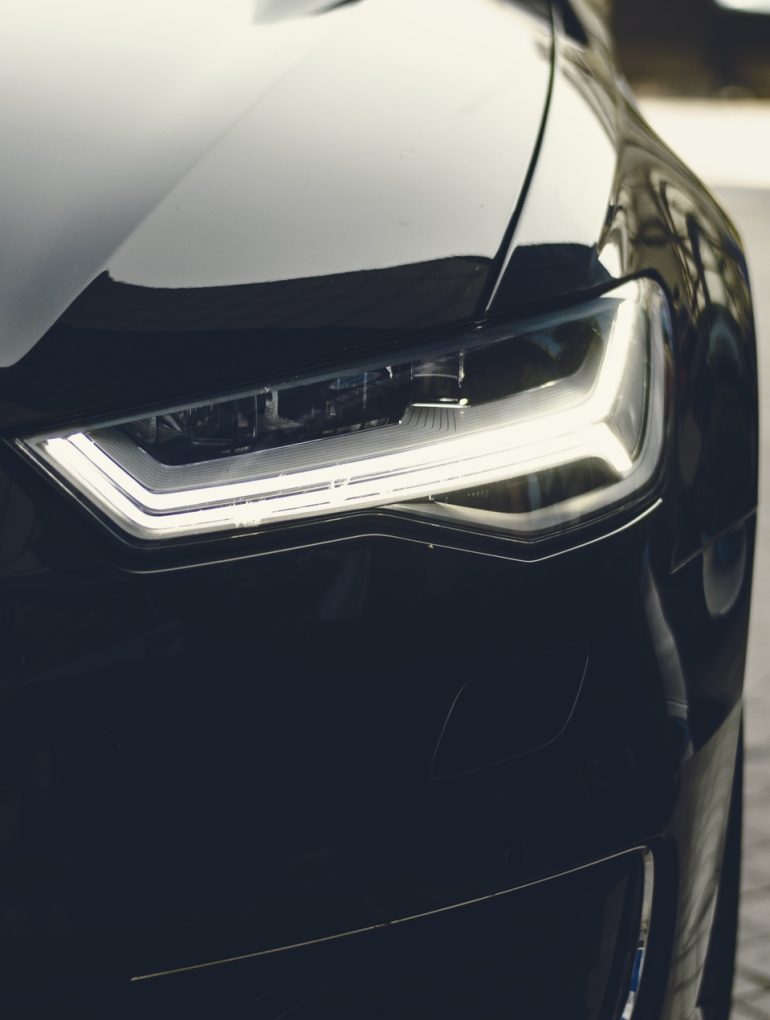No motorist wants to find themselves in a position where their car has to be written off. However, unfortunately it cannot always be prevented.
Of course, the main issue having a car written off causes is the financial difficulties it presents. You now find yourself in the position where you need another car and you need one quickly. So, if you suffer an accident and the vehicle is written off, will your insurance cover it?
Understanding Different Write Off Categories
When you think of the term “written off”, it’s safe to assume the car has been damaged beyond repair. However, did you know there’s actually different categories of write-offs?
Insurers such as ALA gap insurance, split written off vehicles into four different categories. These include Categories A, B, C and D. If your car is classed as category A, this is the most serious type of incident and it means the car is only suitable for scrap. Similarly, category B write-offs involve a car that has suffered extensive damage and won’t be able to be driven. Some of the parts may be ok to use again, but the vehicle itself is used for scrap.
Category C and D write-offs are a little different in the fact they could technically be repaired and driven again, but the costs would be higher than the value of the car. So, the insurer classes them as write offs and can then sell the cars on to be repaired.
If your car is classed as a category D write off, it could be because the insurer wants to cut its losses. The repairs could be less than the value of the car, but it would leave the insurer with very little profit if they were to make the repairs. Therefore, they write it off and sell the car to a garage, which can repair it at a more affordable cost.
How Much Will You Get?
The amount of money you receive from the insurer when your car is written off will depend upon numerous factors. As a general rule, you’ll receive a sum to cover the market value of the car, minus the insurers excess fee. So, say your car is worth £5,000 and the insurer excess is £500, you’ll receive £4500 in total to get a new car.
This can be problematic for those with a model that has a large depreciation value. If you haven’t had the vehicle for long and the depreciation has caused a significant drop in market value, you’re going to have lost a lot of money that you initially spent on the car.
Overall, your insurance should cover the cost of a write-off, but if the model has lost a lot of value through depreciation, you may not be able to afford to replace it with the same car.




